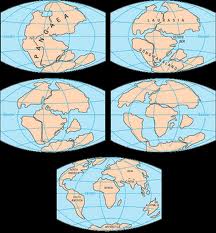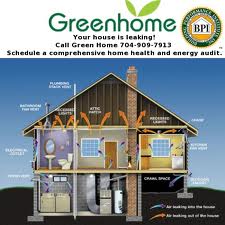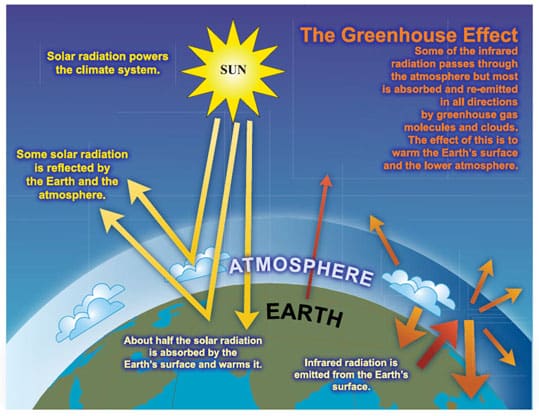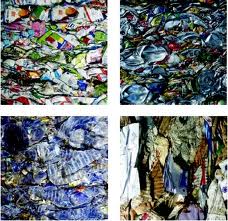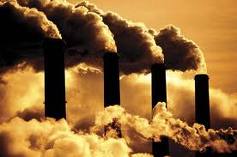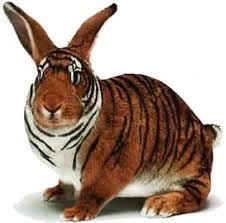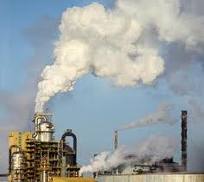Urban Land Use
80 % of Canadians live in cities cities are broken up into 6 major land-use groups – residential, transportation, institutional and public buildings, open space and recreational land, industrial, and commercial Residential Land Use Where people live includes low (houses), medium (town houses) and high density (apartment buildings) Takes up 40% of land in cities…





